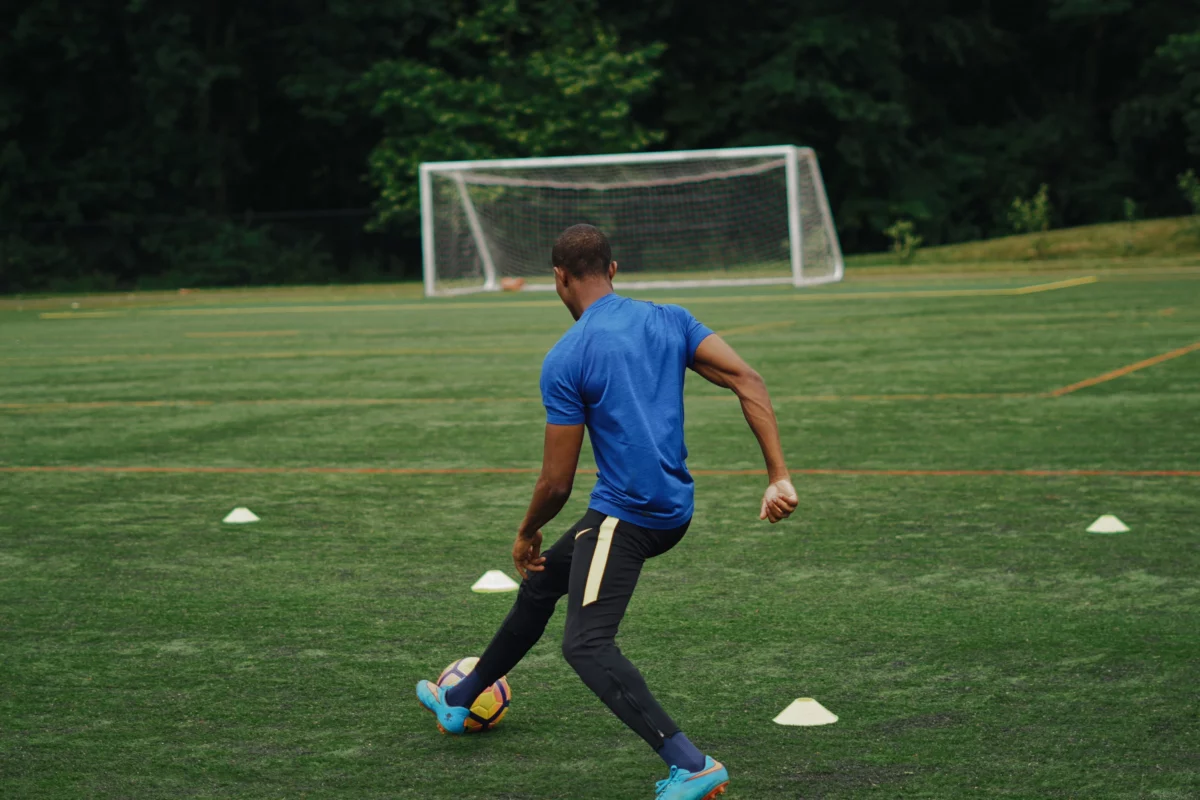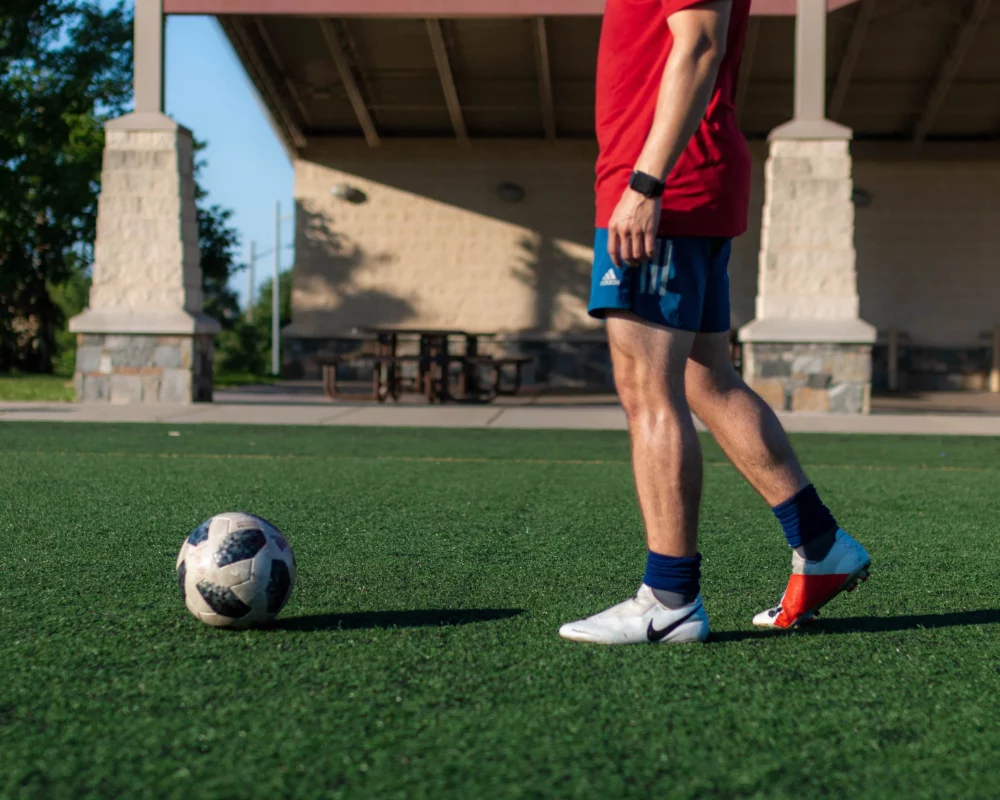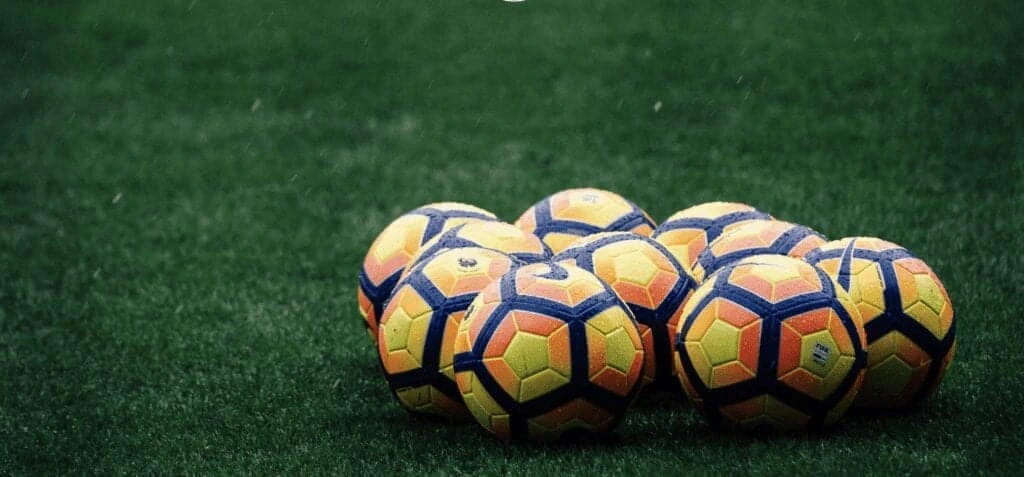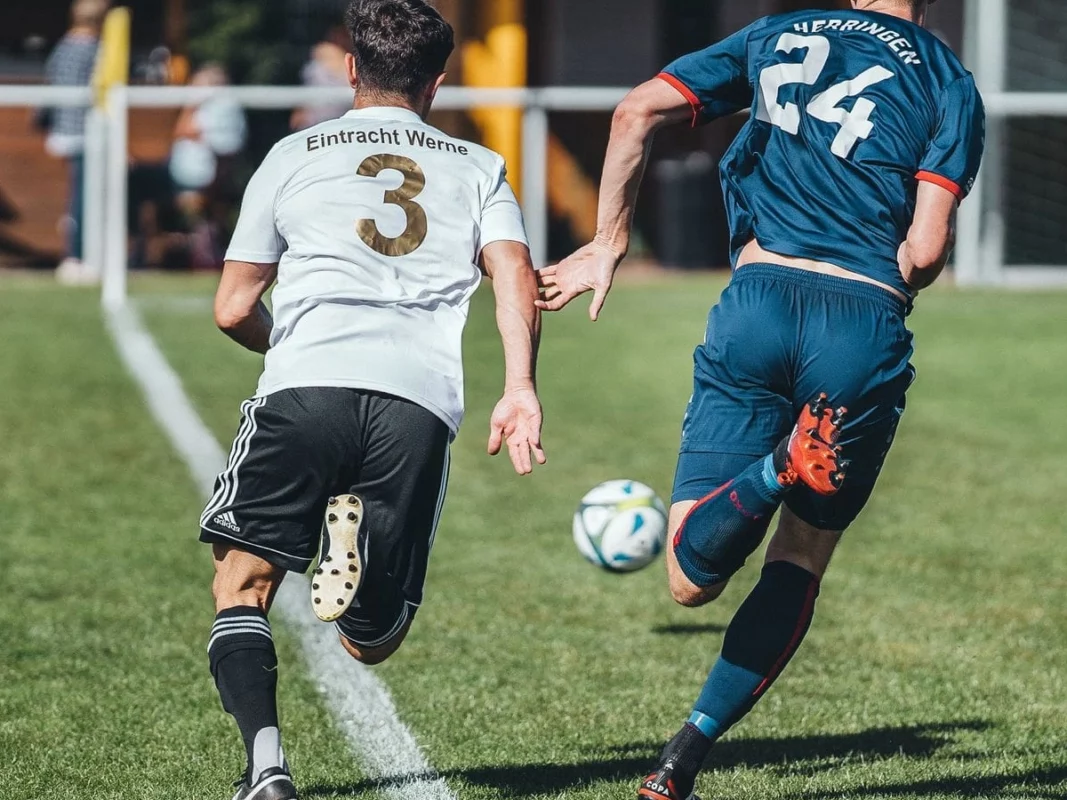Are you ready to take your football skills to the next level and become a standout player on the field? Whether you’re a beginner looking to improve your game or a seasoned pro wanting to refine your techniques, this blog post is here to help you become a better footballer.
From developing technical skills to improving physical fitness and mental toughness, we will cover everything you need to know to take your football abilities to the next level.
Understanding the Basics
It is important to have a solid understanding of the basics of football in order to become a better player. In this section, we will break down the fundamentals of football including rules, positions, and terminology.
1. Rules
The objective of football is simple – score more goals than your opponent. The game consists of two teams with 11 players each who use their feet (and sometimes heads) to pass and control a spherical ball. The game is played on a rectangular field with goalposts at each end.
Some basic rules to keep in mind while playing football include:
1) Offside: A player is considered offside if they are closer to the opponent’s goal line than both the ball and second-to-last defender when receiving a pass from their teammate.
2) Fouls: Certain actions such as tripping or pushing an opponent, handling the ball with hands (unless you are the goalkeeper), or making dangerous tackles are considered fouls and can result in free kicks or penalties.

3) Yellow/Red cards: These are given by referees for serious fouls or unsportsmanlike conduct and can result in players being temporarily sent off (yellow) or permanently dismissed (red) from the game.
2. Positions
There are four main positions on a football team – goalkeeper, defenders, midfielders, and attackers/strikers.
1) Goalkeeper: This player’s primary role is to prevent opponents from scoring goals by using their hands within their own penalty area.
2) Defenders: The defenders’ job is to protect their team’s goal by preventing opponents from getting close enough to take shots.
3) Midfielders: These players play both defensively and offensively by controlling possession and distributing passes between teammates.
4) Attackers/Strikers: Their main responsibility is to score goals by getting past the opposing team’s defenders and putting the ball into the back of the net.
3. Terminology
Football has a language of its own, with many terms that may seem confusing to beginners. Here are some common football terms you should know:
1) Dribbling: The act of moving with the ball while maintaining control.
2) Corner kick: A kick taken from one of the corners on the field when the defending team is responsible for putting it out of play behind their own goal line.
3) Nutmeg: When a player passes or dribbles through an opponent’s legs.
4) Clean sheet: When a goalkeeper successfully prevents any goals from being scored against their team.
Physical Training
Football is a physically demanding sport, requiring players to have a combination of strength, endurance, and agility. These physical attributes are crucial in order to perform at the highest level and become a better footballer. In this section, we will discuss the importance of these three elements and provide some exercises and drills that can help improve them.

1. Strength
Strength is an essential component in football as it allows players to win duels against opponents and maintain possession of the ball. It also helps with explosive movements such as sprinting and jumping.
The most effective way to build strength for football is through resistance training. This can include weightlifting exercises such as squats, deadlifts, and bench presses. It is important to focus on compound exercises that target multiple muscle groups at once, rather than isolated movements. Additionally, incorporating plyometric training into your routine can also be beneficial for developing explosive power.
2. Endurance
Endurance is another crucial element in football as it allows players to sustain long periods of high-intensity activity without getting fatigued. This is especially important for midfielders who cover a lot of ground during a game.
To improve endurance, high-intensity interval training (HIIT) can be incorporated into your workout routine. This involves short bursts of intense exercise followed by brief rest periods. Running drills such as sprints or shuttle runs are great examples of HIIT workouts that specifically target endurance for football.
3. Agility
Agility refers to the ability to change direction quickly while maintaining control over one’s body movements. In football, being agile allows players to evade defenders or make quick turns on the field.
One way to improve agility is through ladder drills which involve running through an agility ladder placed on the ground in various patterns and directions. Cone drills are also beneficial for improving footwork and quick changes in direction.
Technical Skills
Technical skills are the foundation of any successful footballer. Mastering the essential skills of passing, shooting, dribbling, and ball control is crucial for excelling in this sport. These skills require a combination of natural talent, practice, and repetition to truly become a better footballer.

1. Passing
Passing is one of the most fundamental skills in football. It involves using both feet to accurately move the ball around the field to teammates. To become an expert passer, it is essential to practice with both feet as well as different types of passes such as short passes, long passes, and through balls. Repetition is key here; the more you practice passing, the more accurate and confident you will become.
2. Shooting
Shooting is another crucial skill that can make or break a game. The ability to shoot powerfully and accurately can often be the difference between winning or losing.
To improve your shooting technique, focus on keeping your body over the ball and striking it with your laces or instep for power and accuracy. Practice different types of shots like volleys, half-volleys, and side-footed shots from various angles to develop versatility in your shooting ability.
3. Dribbling
Dribbling refers to having close control over the ball while moving past opponents on the field. This skill requires quick footwork combined with agility and balance. To master dribbling, focus on keeping your head up while controlling the ball close to your feet with small touches. Use cones or other obstacles during training sessions to simulate game-like situations where you need to maneuver past defenders.
4. Ball control
Ball control is perhaps one of the most essential technical skills for a footballer. Having good ball control means being able to receive passes smoothly without losing possession and bringing down high balls under pressure from opponents effectively. It takes time and effort to develop excellent ball control techniques such as trapping with different parts of your body (chest, thighs) or cushioning bounces with soft touches.
The key to mastering these technical skills is consistent practice and repetition. Dedicate time during each training session to work on these essential skills, and don’t be afraid to challenge yourself with new drills or techniques. Additionally, watching professional football matches and studying the techniques of top players can also help you improve your skills.
Tactical Awareness
Tactical awareness is a crucial aspect of becoming a better footballer. It goes beyond just physical skills and requires mental sharpness, quick thinking, and the ability to read the game. In this section, we will discuss the importance of understanding strategies and tactics in football and how it can help improve your overall performance on the field.

One of the main benefits of having tactical awareness is that it allows you to anticipate your opponent’s moves and adjust your own strategy accordingly. By studying your opponent’s previous games or watching them play live, you can identify patterns in their gameplay and develop counter-tactics to neutralize their strengths. This gives you an edge over them as they will find it difficult to predict your next move.
Moreover, tactical awareness also helps with decision-making on the field. As a player, you must be able to quickly assess different scenarios during a match and make split-second decisions that benefit your team. This could involve recognizing when to press high up the pitch or when to drop back defensively depending on the scoreline or time left in the game.
Additionally, understanding different formations and playing styles can greatly enhance your versatility as a player. A well-rounded footballer should be able to adapt to various systems of play rather than being limited to only one position on the field.
Conclusion
By following these tips and consistently putting in the effort both on and off the field, you can improve your skills and reach your full potential as a player. Remember to always have fun and never give up on your dreams of becoming a great footballer. So practice hard, and be the best footballer you can be!
FAQs
A possible explanation for this could be a lack of adequate pushing from yourself. To address this, having a supportive coach and teammates who can push you to your full potential may be essential.
It’s never too late to get involved in sports, develop a love for sports, and learn new skills at any age!
While the exact number of hours per day varies between teams and individual players, most professionals train for an average of 4-6 hours per day.





